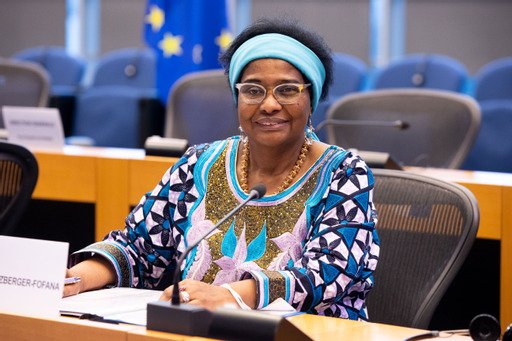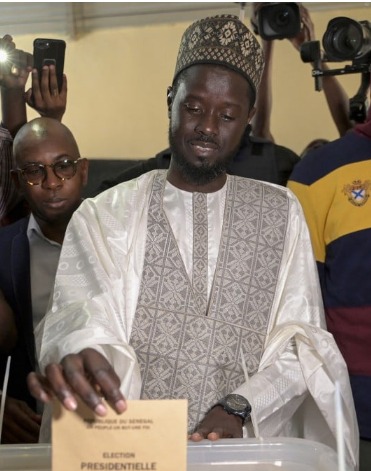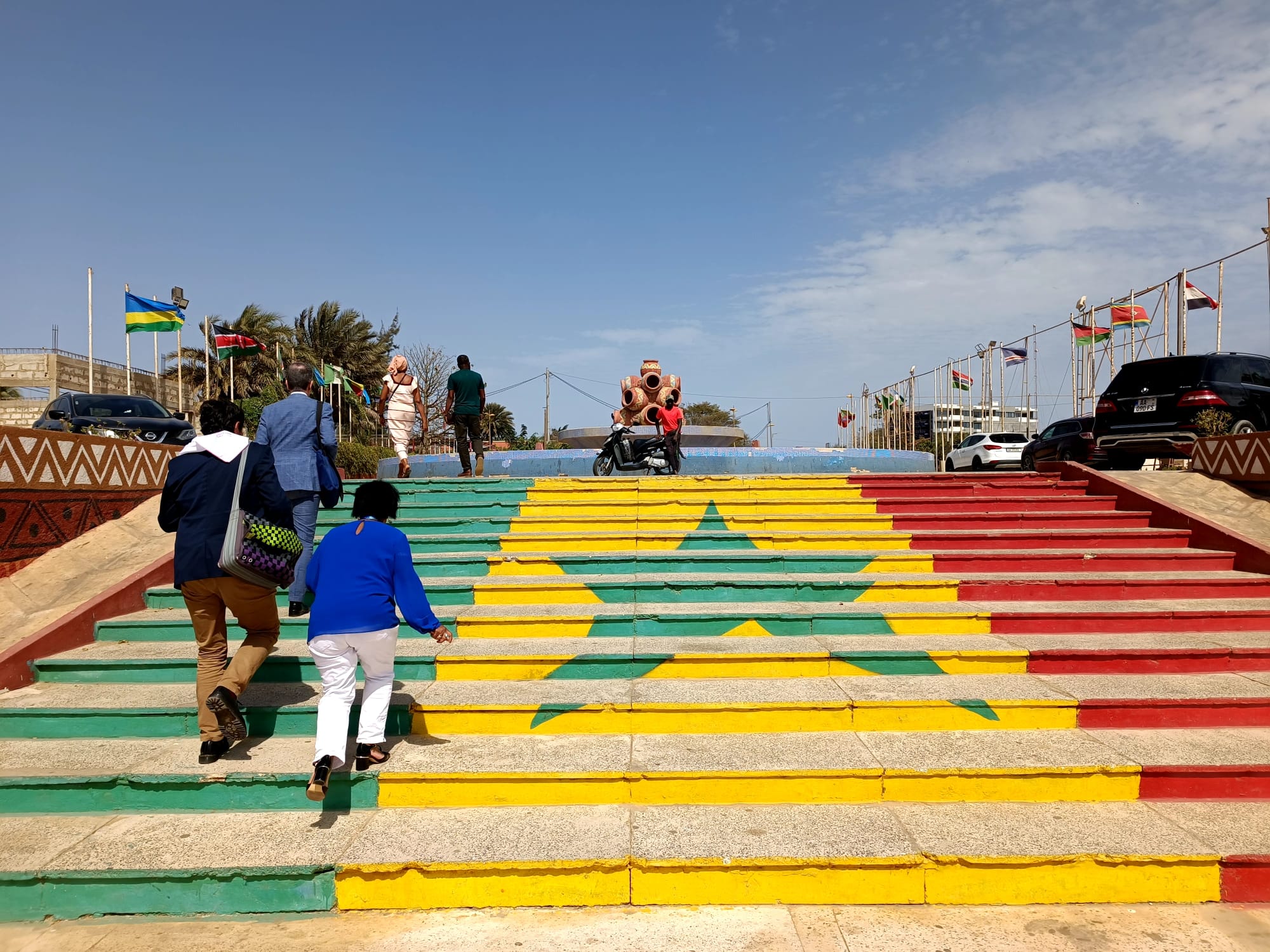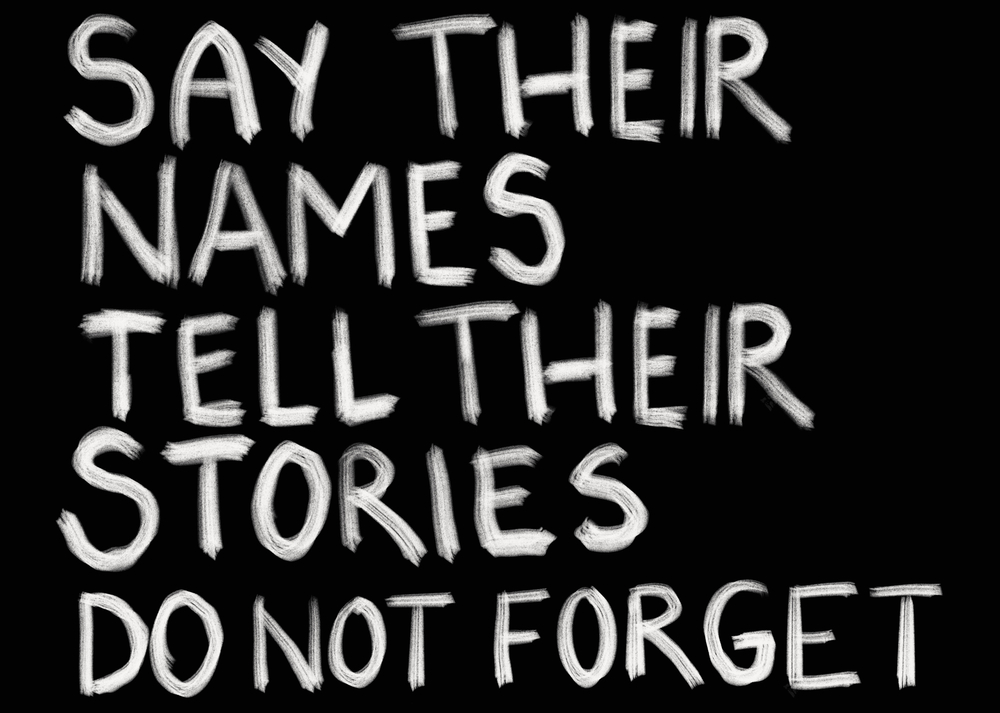Mein Kommentar zum EU-Afrika-Gipfel und meine Perspektive für dieses politische Jahr
„Der 6. Gipfel sollte einen entscheidenden Wendepunkt in den Beziehungen zwischen der EU und Afrika darstellen. Eine gleichberechtigte Partnerschaft sollte einen ständigen Dialog mit den treibenden Kräften der afrikanischen Länder aufbauen und den Bedürfnissen unserer Partnerinnen und Partner Rechnung tragen. Jede Helfermentalität muss abgeschafft und Vertrauen in lokale Expertise und lokales Fachwissen gesetzt werden. Nach mehr als sechs Dekaden Unabhängigkeit der afrikanischen Länder sollte die Beziehung der EU zur Afrikanischen Union eine gleichberechtigte Partnerschaft sein, die die Entwicklung der Länder durch die Schaffung von Industrien und Arbeitsplätzen fördert und zur Autonomie der jungen Generation führen kann.“
Der oft verschobene EU-Afrika-Gipfel ist nun am 17. und 18. Februar über die Bühne gegangen und ich lese meine vorher formulierten, erwartungsvollen eigenen Worte dazu mit einer gewissen Ernüchterung. „Über die Bühne gegangen“ ist eine Formulierung, die man in diesem Zusammenhang vielleicht wörtlich nehmen kann. Die Kritiken der Gipfel-Inszenierung zeigen, dass alles eine Frage der Perspektive ist. Vergleicht man Reflexionen der europäischen Presselandschaft zum Treffen der Vertreter*innen europäischer und afrikanischer Länder mit Reflexionen des Gipfels in der afrikanischen Presselandschaft kommt der Eindruck auf, Europa und Afrika hätten jeweils verschiedenen Konferenzen beigewohnt.
Natürlich finden sich kritische europäische Stimmen und natürlich lassen sich afrikanische Positionen vernehmen, die positive Tendenzen der Partnerschaft hervorheben. Dennoch: Es zeigt sich sowohl im Rahmen der Debatten um Impfstoffzugang und Impfstoffverteilung als auch im Rahmen handels- und sicherheitspolitischer Themenbereiche, dass so etwas wie die viel beschworene „Augenhöhe“ der beiden Kontinente noch lange nicht erreicht ist. Und sie wäre so wichtig für künftige Generationen auf beiden Seiten.
Es zeigt sich deutlich, dass die Annahme, Wissensproduktion und Deutungshoheiten lägen auf einer, nämlich auf europäischer Seite, weitgehend ungebrochen ist. Diese Annahme ist im Rahmen einer gesunden und gleichberechtigten Beziehung natürlich Gift und so gelange ich nach diesem Gipfel zu einer sehr eindeutigen Neuauflage meiner Forderung nach einer ehrlichen Aufarbeitung der europäisch-afrikanischen kolonialen Vergangenheit. Der aufmerksame Blick in die Vergangenheit ist Grundlage dafür, die Wunden der Gegenwart zu versorgen und dringlichen Themen wie Migration, Ernährungssicherheit und Klimaschutz in gerechter Weise beizukommen.
Im Bericht über die neue EU-Afrika-Strategie hatte ich als Schattenberichterstatterin die Gelegenheit, den folgenden Änderungsantrag einzubringen:
„[Das Europäische Parlament] fordert die Europäische Union und Afrika auf, eine ‚Erinnerungspflicht‘ (devoir de mémoire) einzuführen, die es den beiden Kontinenten ermöglicht, die Spuren der Kolonialregime in den heutigen Beziehungen zu ermitteln und geeignete Maßnahmen zu deren Aufarbeitung auszuhandeln.“
Der vergangene EU-Afrika-Gipfel bestärkt mich darin, den Anspruch dieses Änderungsantrags konsequent aufrecht zu erhalten. Die Überwindung kolonialer Kontinuitäten kann demnach als Fundament meines politischen Handelns im Allgemeinen, aber auch als Überschrift für kleine, konkrete Schritte verstanden werden. So steht für meine parlamentarische Arbeit in diesem Jahr das Thema Restitutionen weit oben auf der Agenda. Die Rückgabe von Objekten afrikanischer Provenienz, die, zu Kolonialzeiten geraubt, in vielen Ländern Europas Museen bestücken, ist ein wichtiger Schritt auf dem Weg zur Anerkennung von Eigenständigkeit und Würde.
Ein weiterer wichtiger Schritt ist, dafür Sorge zu tragen, dass ‚Black Studies‘ zu einer festen Größe an europäischen Universitäten avancieren. Wir müssen Sorge dafür tragen und immer wieder zur Sprache bringen, dass Schwarze Geschichte und damit einhergehende Perspektivierungen im wissenschaftlichen Arbeiten auf Ebene unterschiedlicher Disziplinen unerlässlich sind für ein Erreichen von „Augenhöhe“.
Die sukzessive Dekolonialisierung, also die Befreiung des Denkens und Handelns von tief verwurzelten, strukturellen Ungleichheiten ist ein schmerzhafter, für alle Seiten schmerzhafter Prozess. Aber, wie man in Bayern gerne sagt: „Es hilft nix!“. Auf dem Weg zu einer vielfältigeren und freieren Welt müssen wir uns dem stellen. Als Europäer*innen, als Afrikaner*innen und als Politiker*innen sowieso.




